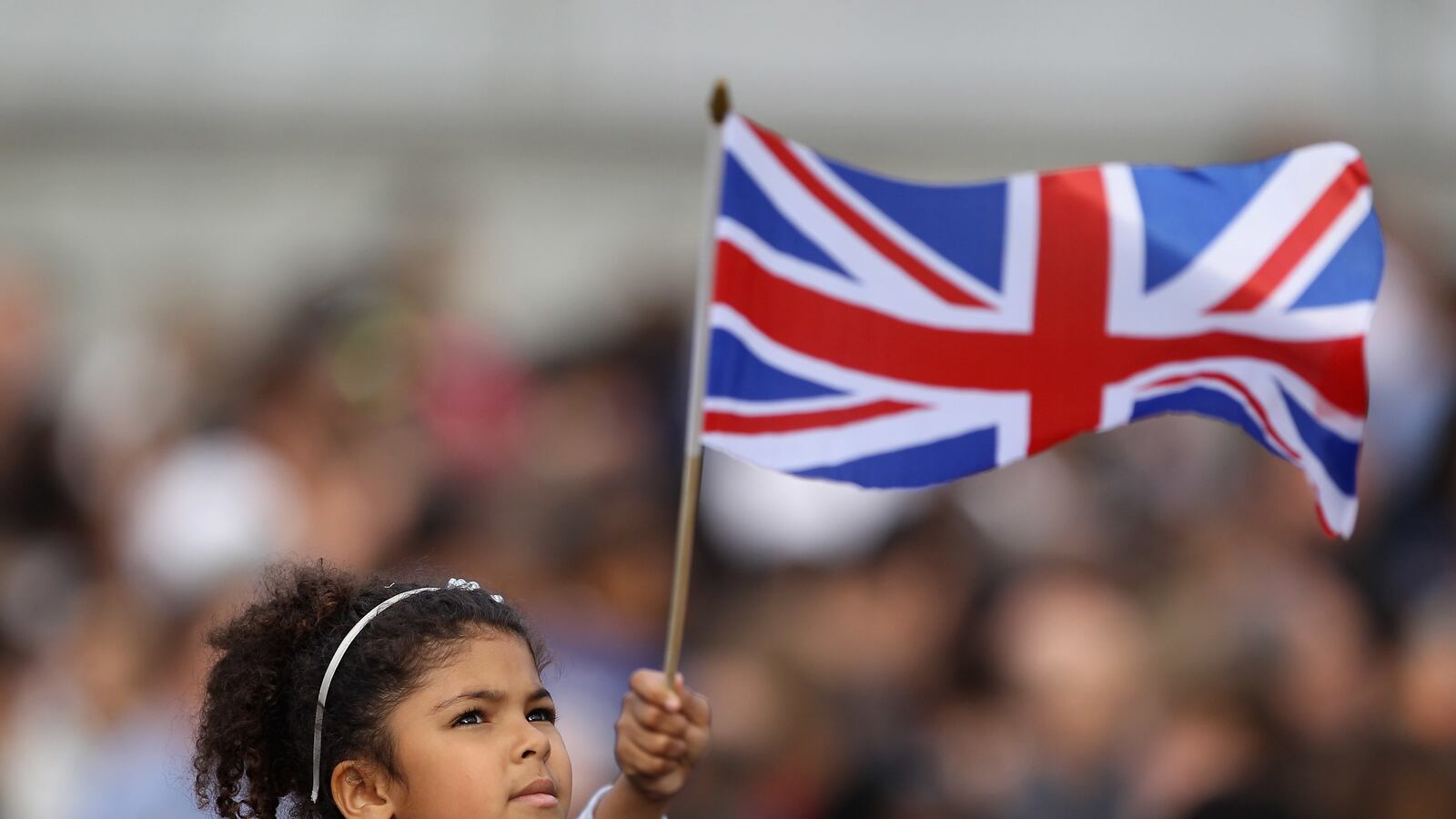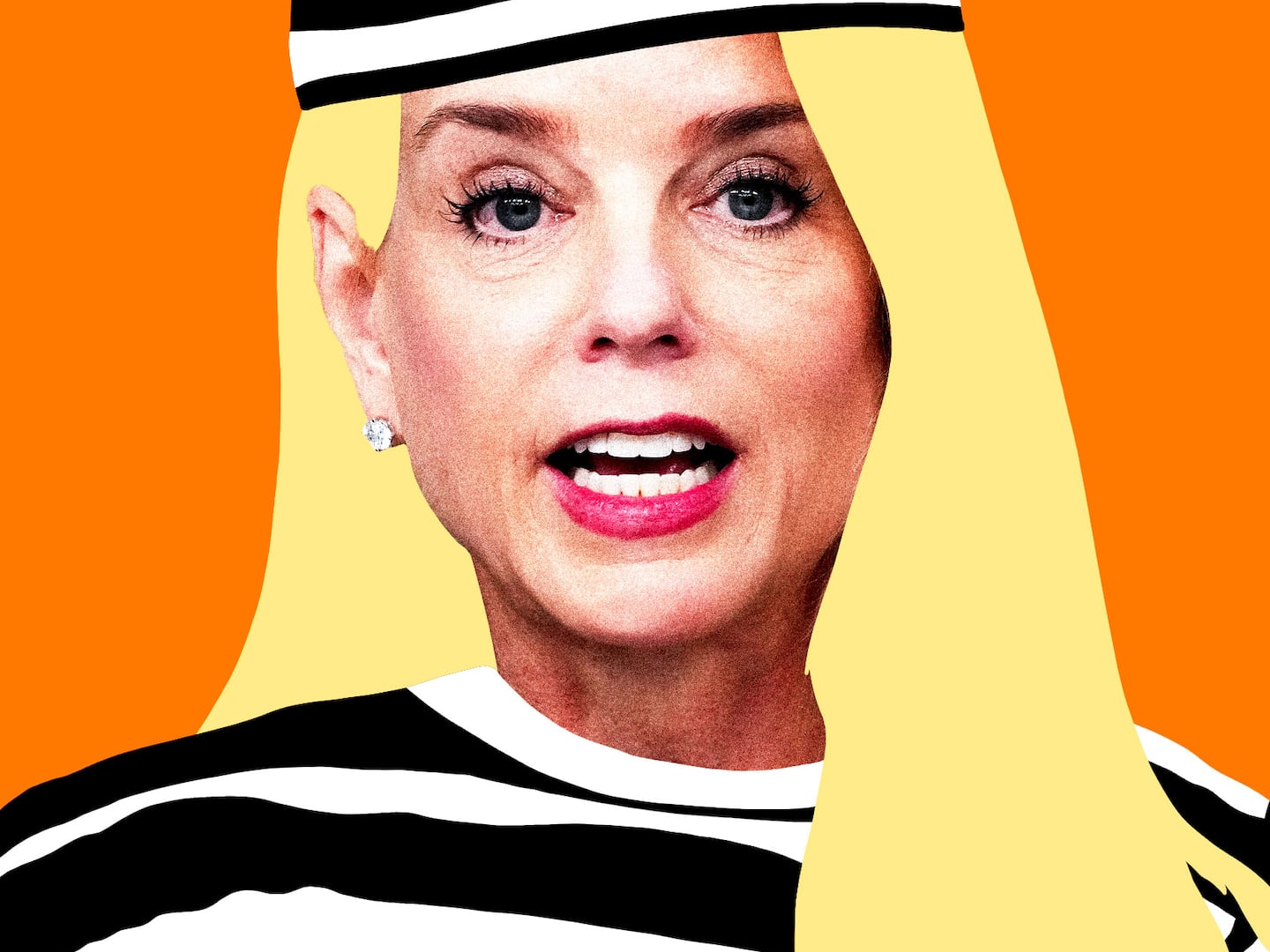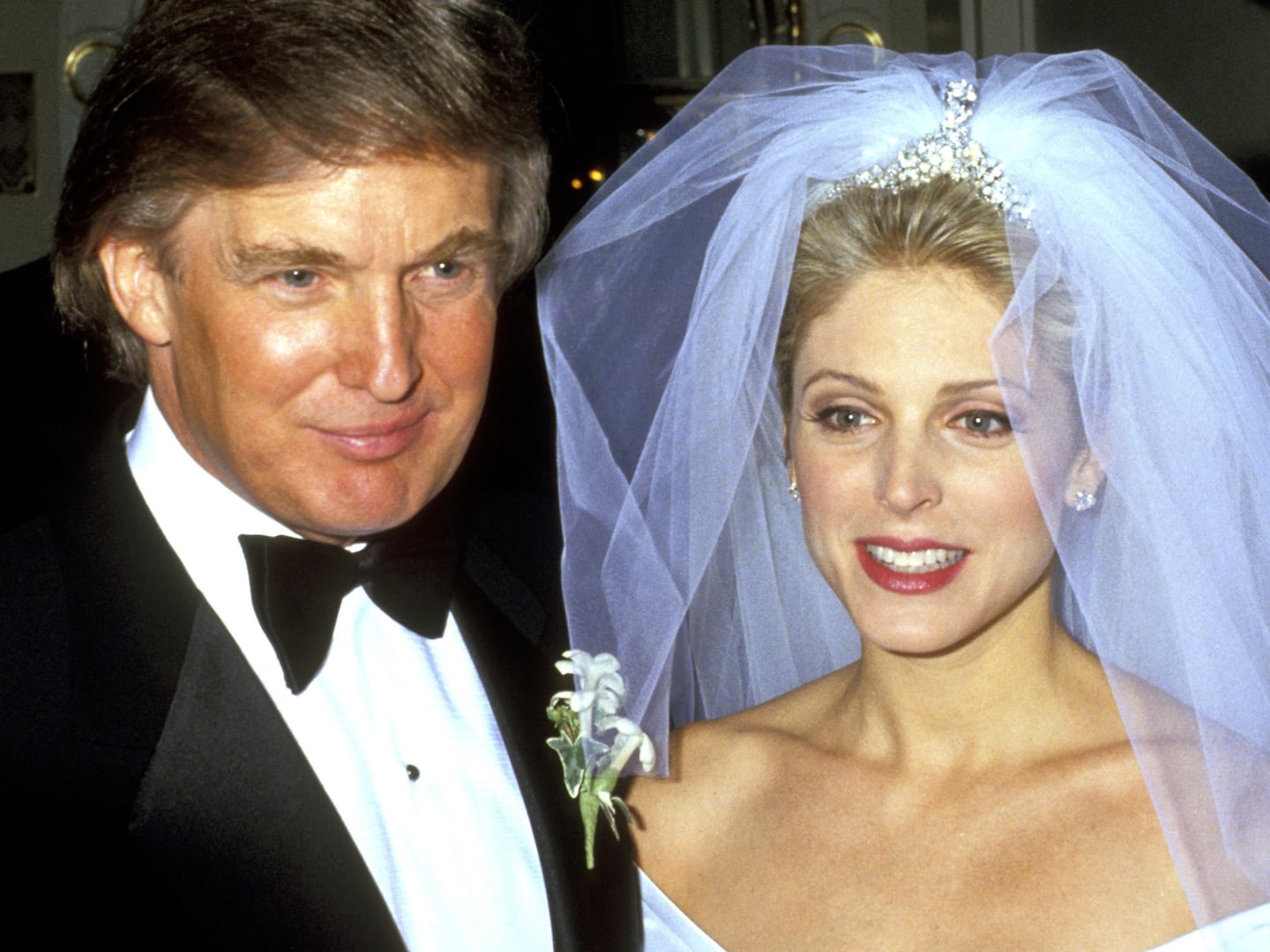The new think tank British Future has released a fascinating set of polls about Britain in 2013.
Britain is coping with an economic crisis in some ways even worse than that which hit the United States in 2008. It is also attempting bold reforms, especially in the field of education under the leadership of its inspirational education minister, Michael Gove.
And as in the United States, the results of these adverse circumstances and ambitious agenda are … deeply ambiguous.
As Alex Massie reports in a sidebar on education reform:
"The pace of education reform is much faster in London than in the north of England. … The result has been that children from poor backgrounds in London now perform much better than their peers in northern England." (p.7)
But about the recession, only 31% think Britain will be stronger for having overcome it. 56% say the recession will weaken Britain for years to come.
Immigrants to Britain are much more optimistic about the country's prospects than the native born. In one way that's unsurprising. Why else would they have moved? But the numbers also suggest a worrying disaffection among the old-stock population - a phenomenon we see across the developed world. Those born outside the UK are almost twice as likely to be optimistic about Britain's prospects in 2013 as the native born (35% optimistic vs. 19%). They are significantly more likely to express optimism about their personal prospects (59% vs 51%).
British people agree that the country has advanced: 42% agree they enjoy a higher standard of living than their parents. But only 19% expect the same improvement for their children.
Almost one-third of British people listed immigration as the country's top source of tension, a remarkable fact given the country's economic problems.
Meanwhile, a belief in white-skin advantage is fading, especially among the young. While 69% thought you were "much more likely" to reach the top if you attended a private school, and 64% felt being male was a "much more likely" basis of advantage, only 39% said so about being white. Among young people 16-24, only 28% thought being white made it "much more likely" that an individual would reach the top. A not inconsiderable number - 16% of all ages - that being an ethnic minority made it "much more likely" that one would reach the top.
British Future sees optimism in the following numbers about "what it means to be British." For my part, they strike me as troublingly low. Asked about the "most important things" defining Britishness, 50% cite freedom of speech, 46% cite respect for the law, and 41% cite the ability to speak English. Here's hoping the other half the country regarded something not listed in the survey as "most important" - not that disrespect for law and disregard for freedom of speech is on the rise.






